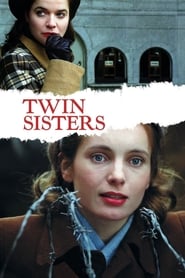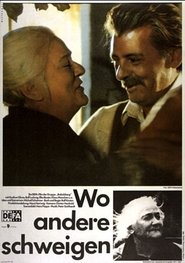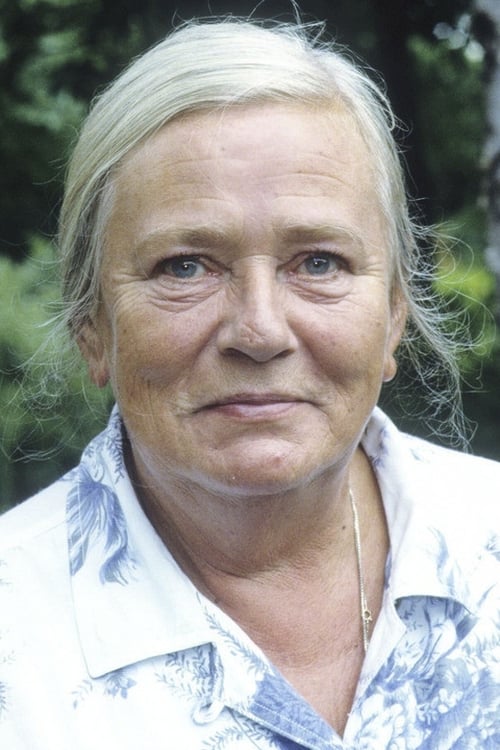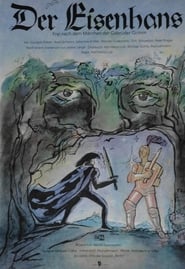detail profile gudrun okras
Peran Yang Di Mainkan Gudrun Okras
 1920s Germany Two sisters aged six...
1920s Germany Two sisters aged six...Twin Sisters 2002
1920s Germany. Two sisters aged six years, no sooner see their remaining parent buried when they are torn apart. Lotte goes to live with her upper middle class Dutch aunt in Holland, Anna to work as a farm hand on her German uncle's rural farm. The World War II impacts each of their lives and finally in old age they meet again.
 Luise called Pnktchen and Anton are...
Luise called Pnktchen and Anton are...Annaluise & Anton 1999
Luise, called Pünktchen, and Anton are closest of friends. Being the daughter of a wealthy surgeon, young Pünktchen lives in a great house. Her mother, who always travels through the world more for public relation reasons than for the social tasks she pretends to fulfill, is never available to her as a mother. Anton, son of a single and sick mother in financial trouble, does his best to help her out of it by working late. Pünktchen decides to help her only friend (as nobody else would anyway) and starts singing in public places. Trouble arises when Anton can't resist stealing a golden lighter and Pünktchen's secret life is discovered by her parents. Two troubled families finally can see the need for actions to be taken.
 Philipp a closeted teacher is dating...
Philipp a closeted teacher is dating...Coming Out 1989
Philipp, a closeted teacher, is dating a female colleague to keep up appearances. One night he stumbles into a gay bar and falls for a man. Transformed by this love, he is no longer afraid to face up to who he is.
 Ten days in the life of...
Ten days in the life of...Wo andere schweigen 1984
Ten days in the life of socialist politician Clara Zetkin. In August 1932, she is summoned from Archangelskoje near Moskow to open the new legislative session because at seventy-five, she is the oldest representative in the German Reichstag. Although she is ill and almost blind, she see this as her chance to make her voice heard amid the growing Nazi influence in Germany.


 Three elderly ladies Carla Lilli and...
Three elderly ladies Carla Lilli and... Two Berlin archetypes Harald Juhnke and...
Two Berlin archetypes Harald Juhnke and...
 In a kings kingdom there is...
In a kings kingdom there is... A teenager is found murdered and...
A teenager is found murdered and...